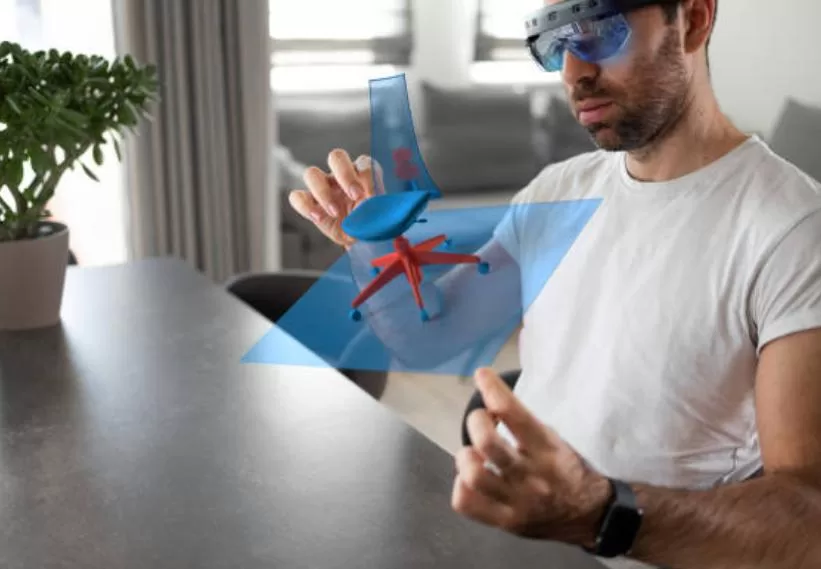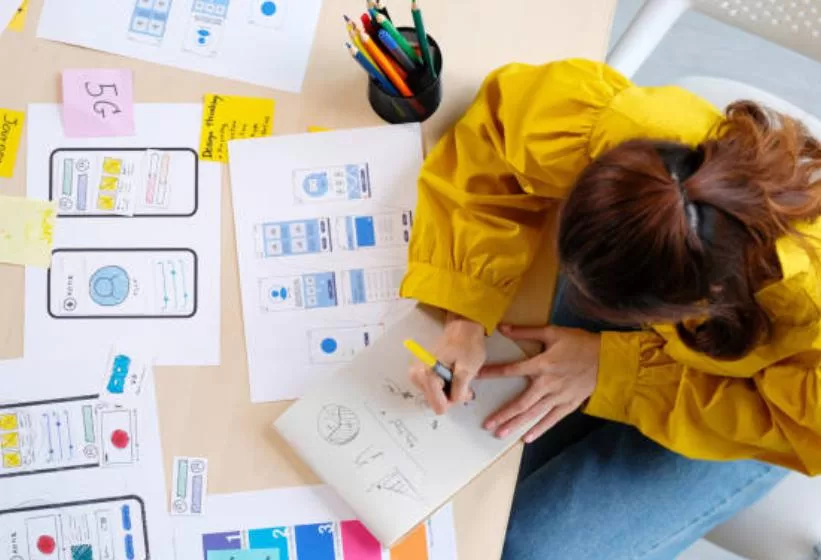How Does Mindset Impact Creativity?

Selfpause Affirmation App
Download the app to get 1,000’s of affirmation meditations and everything you need to write, record and listen to your own.
A person’s mindset is their attitude, worldview, or approach to a certain issue. It can influence how we approach and engage in creative thinking and problem solving. Our mindset can influence how we see and handle problems, produce new ideas, and, ultimately, express ourselves creatively.

A fixed mindset can result in a lack of readiness to take chances, a lack of mental flexibility, and an inability to experiment and try new things. People with a fixed mindset frequently assume that their abilities and traits are fixed and cannot be changed. This might result in aversion to feedback, self-doubt, and a lack of enthusiasm to experiment with and develop creative abilities. Those with a growth mindset, on the other hand, think that abilities and attributes can be developed and improved through work and experience. This mindset can result in a readiness to take chances, a drive to explore and develop creative abilities, and a more open-minded attitude toward new ideas and possibilities.
Our mindset can also influence how we see and tackle problems. A fixed mindset may perceive a difficulty as a threat, but a growth mindset may perceive it as a chance for growth and learning. This might result in widely disparate reactions and responses to the same issue, influencing the outcome of a creative problem-solving process.

Furthermore, mentality can influence how we produce new ideas. Those with a fixed mindset are more likely to stick to familiar and safe concepts, whereas those with a development mindset are more likely to be open to new and innovative ideas. This can have a significant impact on the originality and efficacy of the developed ideas.
Mindset can also have an impact on how we express ourselves creatively. Those with a fixed mindset may prefer to express themselves in familiar and safe ways, whereas those with a development mindset may be more open to experimenting with new and unusual approaches. This can result in very different consequences in creative expression, affecting the impact and reach of the creative work.

It’s important to remember that our attitude is malleable and malleable. We can enhance the way we approach and engage in creative thinking and problem-solving by recognizing the impact our mentality has on creativity and making a conscious effort to adopt a growth mindset. This can result in more unique, productive, and powerful creative work.
Mindfulness is one method for shifting to a growth mindset. We can become more aware of when we are approaching a situation with a fixed mindset by being present in the moment and conscious of our thoughts and feelings. We can then make a deliberate effort to change our perspective and approach the circumstance with a growth mentality.
Another strategy to adopt a growth mindset is to actively seek out fresh experiences and viewpoints. This can be accomplished by being exposed to many forms of art, learning new skills, reading about diverse cultures and perspectives, and traveling to new locations. We can extend our own perspective and approach creative thinking and problem-solving with a more open mind by exposing ourselves to fresh perspectives.
Organizations can create a growth mindset culture in addition to individual efforts by providing chances for learning and development, promoting experimentation and risk-taking, and valuing varied perspectives.
Finally, mentality is important in creative thinking. A fixed mindset can result in resistance to feedback, a lack of willingness to take risks, and a preference for old ideas. A growth mindset, on the other hand, can lead to a readiness to take chances, a drive to explore and develop creative abilities, and an openness to new ideas and opportunities. We can enhance the way we approach and engage in creative thinking and problem-solving by recognizing the impact mentality has on creativity and making a conscious effort to adopt a growth mindset.
